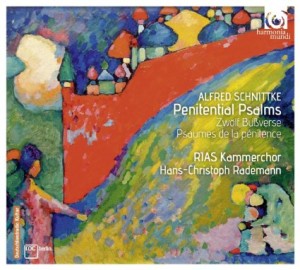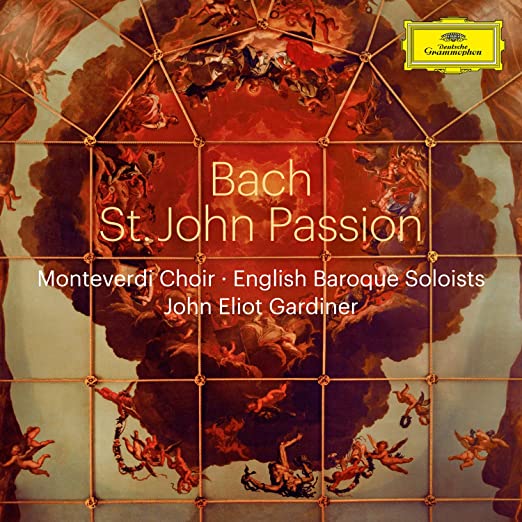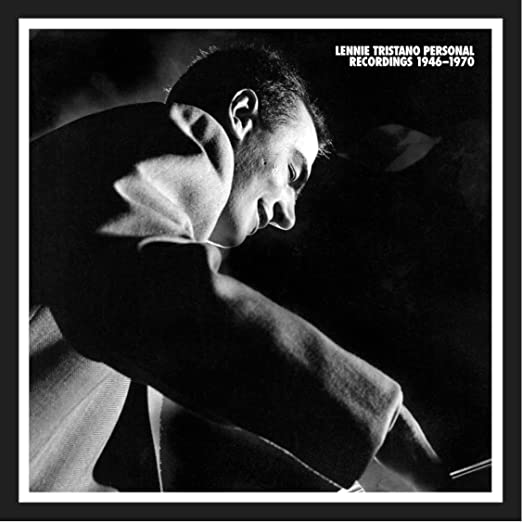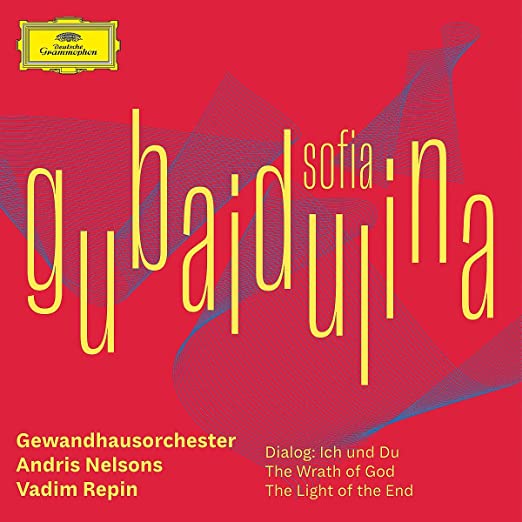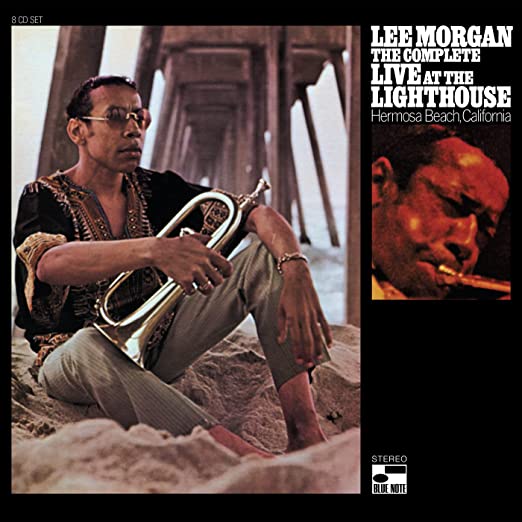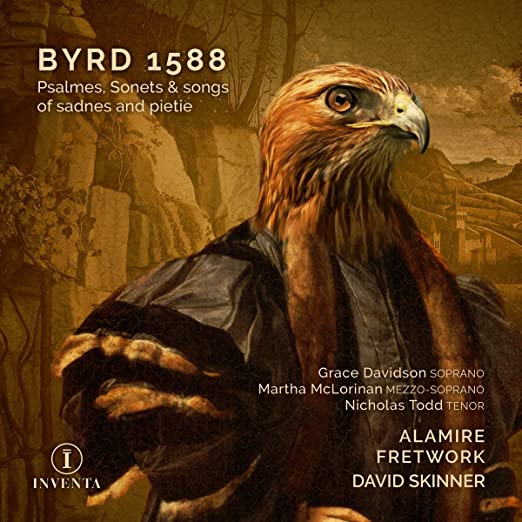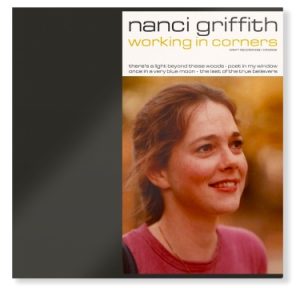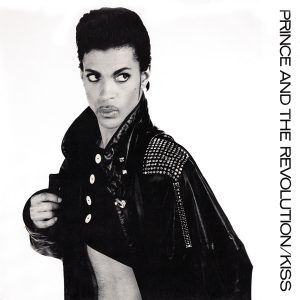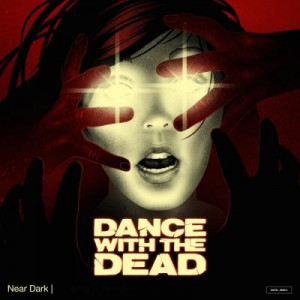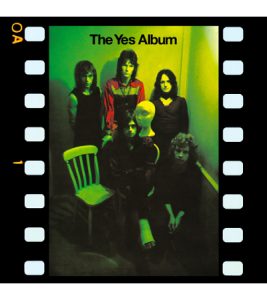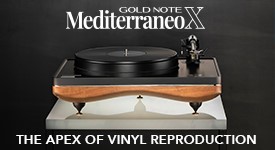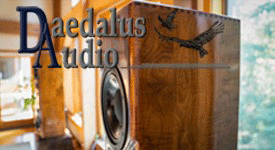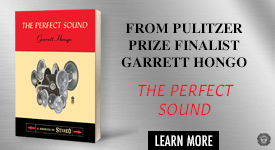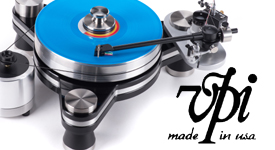Schnittke, Penitential Psalms; Three Sacred Hymns. RIAS Kammerch0r, Hans Christian Rademann, conductor. Harmonia Mundi 902225.
Russian Alfred Schnittke (1934-1998), as I've written many times before here, is one of those second generation modernists who makes you go to him and who generally makes you glad you did. His Penitential Psalms confront us with sternness until we begin to hear the rich Russianness that lies beneath it. This is, after all, penitential music. The first impression I took from this music was of grey storm clouds coming in against a lighter sky. Schnittke manipulates voices like dark waves of wind. We can feel plain chant deep in its roots, but it remains deep, partly because of the women's voices which break through the monochromatic presence of men's voices, eventually blending with them. By the fourth psalm (of twelve), they have their own contribution to make, letting the male voices become little more than a pedal point riding below them. There is also a Russian folk song quality to this music, a current that periodically comes to the surface; and there are also hints of an Eastern Orthodox hymn quality.
The longer I listen to this music, the more it rises about its constituent qualities and becomes a thing with its own being. This music has none of the neo-romantic and bittersweet quality of the Eastern European music around it—no hint of Vasks, Pärt, Kancheli, Silvestrov. It takes a harder path that may eventually prove more enduring. The program ends the Three Sacred Hymns which bring the affirmative calm after the darker weather of the Psalms. They only last for a little over six minutes, but their effect is stunning. It as if the penitence has been found sufficient and grace offered.
Tchaikovsky. Les Saisons. Jonas Vitaud, piano. Mirare.
Everything that Tchaikovsky writes dances. It is all balletic. Even the forty-minute work for solo piano, The Seasons and half-hour Grand Sonata. It is nearly impossible not to see whirling dancers, to feel the momentum of the music. Even in his most dramatic moments, and there are always plenty of those, we can sense the potential for dance. To my ears, especially when he is performed by musicians who feel this in his work, it is what distinguishes it and what captures us. French and Russian musicians seem to understand this especially well—French culture existed at the center of upper class Russian life in the nineteenth century. The French give us grace and avoid sweetness. French pianist Jonas Vitaud delivers both the episodic Seasons and the larger scale and continuous narrative of the Grand Sonata with what strikes me as perfect understanding.
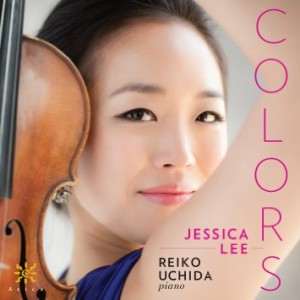
Colors. Jessica Lee, violin. Reiko Uchida, piano. Azica Records. ACD 71305.
This is a jewel of a recording introducing a marvelous young violinist accompanied by an equally marvelous but somewhat more familiar pianist, Reiko Uchida. (No relation to Mituzuko.) The two of them are simply irresistible, no matter what they play here. Because this is an 'debut recital' recording, most people will buy it for the musicians rather than the program; but the music is very fine and carefully chosen. The Prokofiev (Five Melodies) and Beethoven (Sonata No. 6) are especially memorable; but the longer I listened to the entire recording, the more I came to savor the Vitali, a Janacèk sonata, and a miniature Debussy piece as well.
As with all truly exceptional musicians, it is a considerable challenge to single out what accounts for their distinction. Lee's tone is beautiful but there is also something about her phrasing that captures us. She brings a slightly softer and more nuanced touch than we are used to hearing in, say, Janacèk and Beethoven. But we do not hear this so much as a musical personality as we are simply taken by it. It is not in the least solicitous. And the clarity of Ms. Uchida's piano playing reinforces this. With the two of them, we sense we are in the presence of a point of view that is definitive as long as we listen. That is what the best performers achieve: they make us unaware of all other possible ways of playing the music. They play with authority, commanding our attention as some 'live' performances can do. I expect we'll be hearing more from Jessica Lee in the future.
* * * * * * *
Equipment used for this audition: Resolution Audio Cantata CD player w/BlackJack power cord; Blue Circle BC107 solid state preamplifier and NSP solid state amplifier, JM Reynaud Offrande Supreme, V2 loudspeakers; Crimson interconnects and speaker cable; Volex power cables, Mapleshade Samson equipment rack.
Bob Neill, a former equipment reviewer for Enjoy the Music and Positive Feedback, is proprietor of Amherst Audio in Western Massachusetts which sells equipment from Audio Note (UK), Blue Circle (Canada), Crimson (UK), Jean Marie Reynaud (France), Resolution Audio (US), and Tocaro (Germany).




